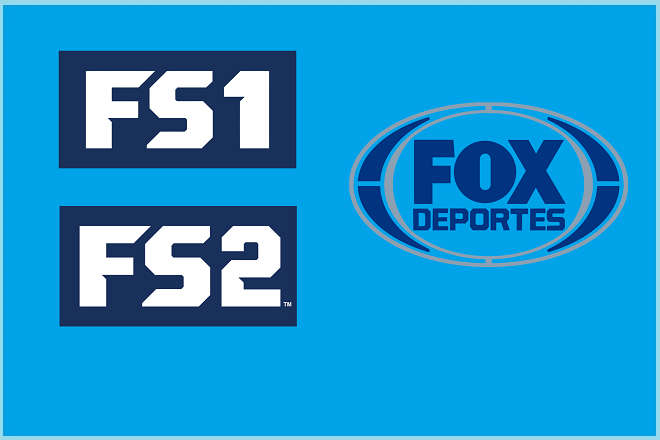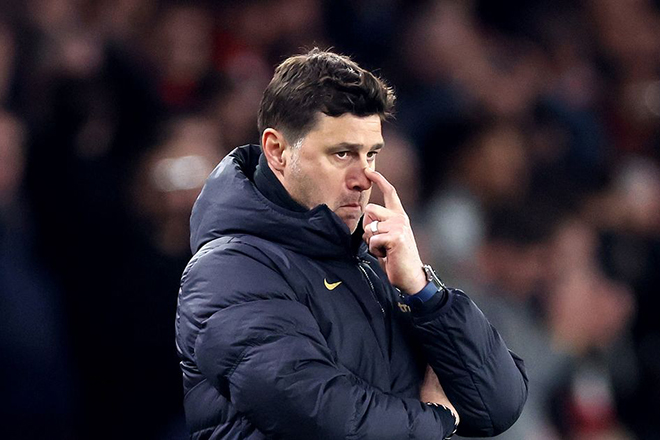This year's summer was packed with football games all over the globe after the UEFA Euro, the Copa América and the CONCACAF Gold Cup were played in the past couple of months. If things go as explained by none other than Arsene Wenger, this could happen every two years to keep fans glued to their TV sets every summer.
Speaking in an interview with L'Equipe, Le Prof explained the reasons for this decision, which is intended to benefit the game with a large amount of competitive games every year.
"The goal is to keep improving the quality of the game by increasing the frequency of the top tournaments, which will also bring a paralell improvement in the rules of the game," Wenger said.
Asked about the possible saturation effect that could be felt by players and fans from around the globe, Wenger explained that this decision would re-shape the concept of the FIFA International Breaks, so players have enough time to rest both before and after the tournaments.
"Absolutely not. There will not be more games than before, and players will not be forced to play with their national teams as frequently as they are now. There is no financial intention behind this, especially when it's FIFA who hands out cash to all football federations in the world. The idea is to improve the quality of the game and of the competitions, that's it," Wenger added.
The plan exposed by the former Arsenal boss states that there would only be two International breaks with qualifying matches for those competitions, which would be the ones being held in October and March. Then, the continental tournaments would be held during the next summer, and so on.
This decision by FIFA would include a mandatory 25-day resting period for all players involved in such tournaments, although it does not clarify if all leagues will begin and end at the same time to favor such a tight schedule.
The next FIFA World Cup is set to be played in 2022 during the winter, while the next Copa América and UEFA Euro tournaments are scheduled for 2024. Even if things go the way FIFA has planned them now, it remains unclear if confederations such as UEFA or CONMEBOL will agree with this plan, especially since they have agreed that playing their tournaments every four years is better than putting them together in a shorter period of time.


























